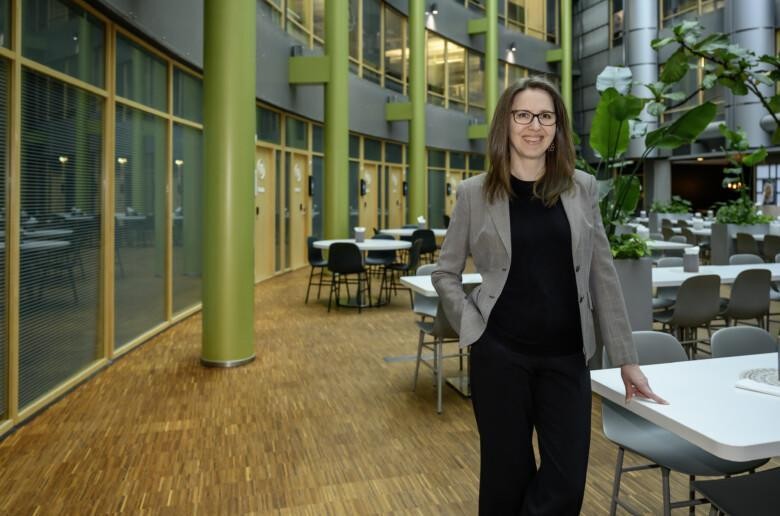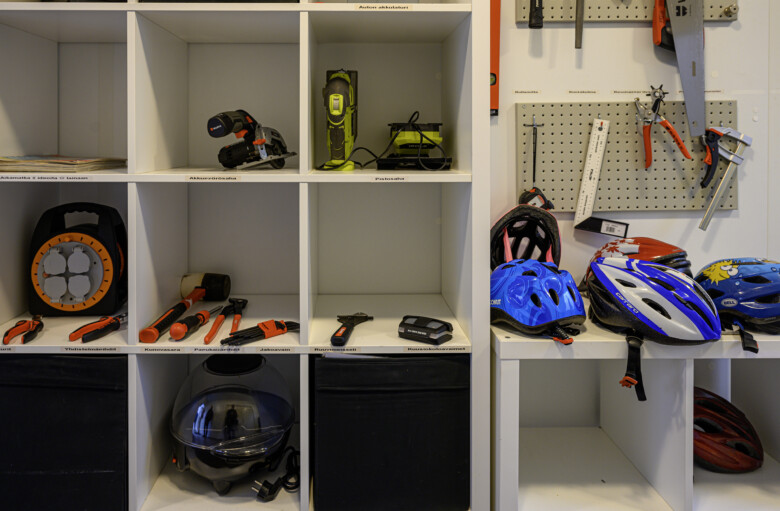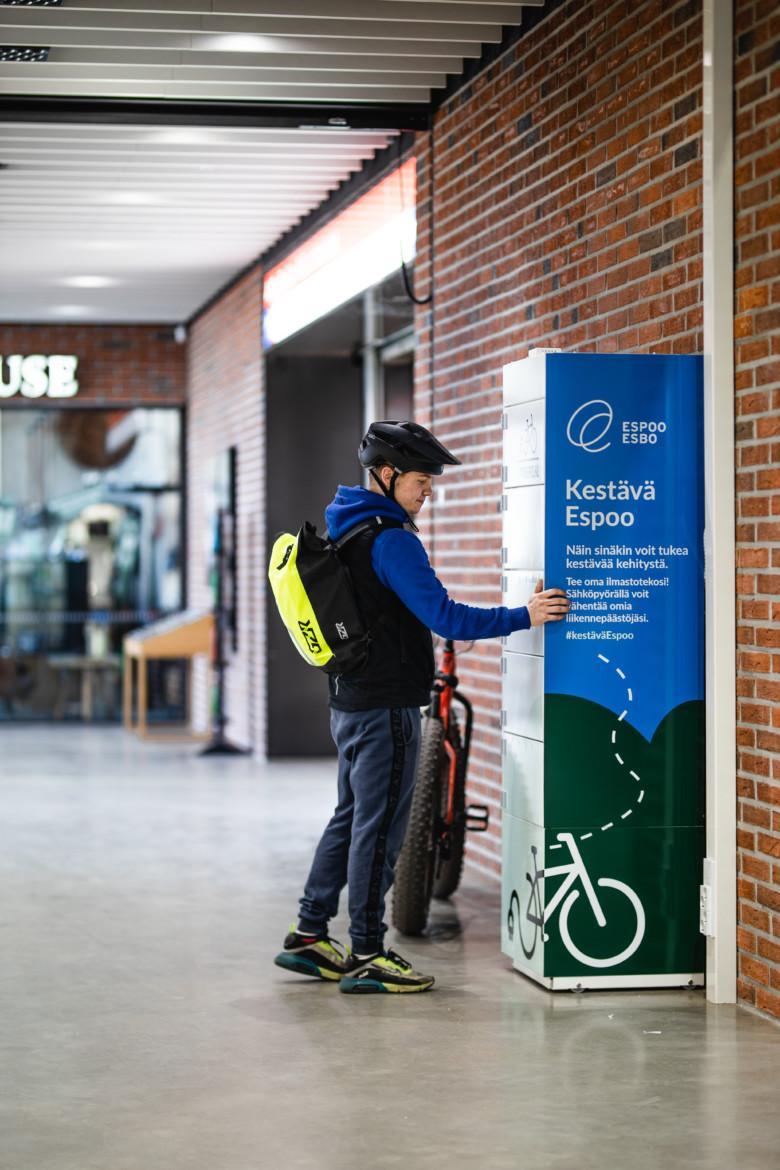Cases

Industrial modernisation
Shorter and safer immunotherapy will help people with pollen and food allergies
Published:
Allergies are a worldwide problem and very common especially in the western world. It is estimated that a half of European population suffers from various allergies. According to European Federation of Allergy and Airways Diseases (EFA), allergic symptoms cause over 100 million absences from work and school each year. The financial losses are estimated to be 55–150 billion euros a year.
The border between Finland and Russia has been a hot topic during past years. The border region is very interesting also when examining the frequency of allergies: people on the Finnish side of the border suffer a great deal more from allergies than people on the Russian side.
A possible reason to this is thought to be the high hygiene standard in Finland compared to Russia. Our immune system has started to react to seemingly harmless elements.
From hypersensitivity to tolerance
Commonly people suffering from allergies simply try to avoid contact with the allergens. During the pollen season, they prefer staying inside and closing the windows. People with peanut allergy check carefully that nothing they eat contains peanuts.
There is no cure for allergies, but allergen immunotherapy, also known as desensitisation or allergy vaccination, can affect the immune system and help it to tolerate the substances causing allergic symptoms. So far, the main problems have been the length and inconvenience of the therapy for inhaled allergens, and the lack of safe therapies for food allergies.
Fortunately, new technologies can help us overcome these problems. A good example of this is Espoo based Desentum, a research-oriented, clinical-stage biopharmaceutical company.
Desentum specialises in developing novel types of allergen immunotherapy products that are based on switching the immune system’s response to allergens from hypersensitivity to tolerance.
The goal is to provide long-term relief for patients suffering from allergic symptoms, both aeroallergens and food allergens.
– There is still a lot to do before our treatments are available to patients, but we are very happy with the progress we have made so far, says Director Kati Sallinen from Desentum.
Their lead asset is an injectable vaccine against birch pollen allergy, which is currently in clinical development.
The company also has vaccines against grass pollen and peanut allergies in preclinical development. Peanut allergy can be very dangerous and start in early childhood. Sallinen says that peanut allergy is one of the most common food allergies. That was one of the reasons Desentum chose it as their next priority, after birch pollen allergy.

A few months compared to many years
Surely we have had allergy treatments before. Sallinen says that allergen immunotherapy has been used in medical practice for a hundred years already.
She explains that Desentum aims for a foundational improvement compared to the traditional allergen immunotherapy which takes several years, leading to many of the patients failing to complete the long treatment.
In Desentum’s solution, the desensitisation process is significantly quicker and more efficient compared to the currently used practices.
Desentum’s goal is to reduce the treatment time for pollen allergies from years to just a few months, and to improve the safety by reducing the risk of serious adverse effects during the treatment.
Testing inside chambers
Before the treatment can be distributed to patients it needs to complete rigorous clinical testing and gain a regulatory approval from competent authorities.
An important clinical study for the birch pollen allergy vaccine is in progress right now in Canada. It is a randomised, placebo-controlled study evaluating the safety and tolerability of the vaccine. The effect of the treatment on allergic symptoms is also assessed by conducting a birch pollen exposure challenge.
Sallinen tells that Canada was chosen as the study location because of the availability of an environmental exposure chamber (EEC), which is a room that can be used for exposing the study subjects to a controlled amount of birch pollen. This eliminates variables associated with natural exposure during pollen season that can affect the test results.
In the long term, Desentum hopes to use their technology for designing allergy vaccines for all relevant pollen, animal, or food allergies.
– The patients need to stay inside the EEC for six hours. They have nice chairs and some entertainment to pass their time. But it is important that films shown, for example, are not too sad or too funny. The test won’t work if the test subjects get tears in their eyes because of the programs.
More clinical studies
Desentum was founded in 2011 as a spin-off from VTT Technical Research Centre of Finland. Research groups at the University of Eastern Finland and VTT made the original scientific discoveries leading to the development of the allergy vaccines.
Both groups are still involved in the research and development of the new vaccine candidates. For preclinical testing, Desentum collaborates with academic research groups and contract research organisations around the Europe. One of the research groups comes from the Medical University of Vienna.
– Desentum’s role is to plan, coordinate and supervise the outsourced studies.
What happens next? How soon will your therapy be on the market?

According to Sallinen, it will take a few years before the birch pollen treatment will be ready for market approval.
– A lot depends on the results of the clinical tests.
Before approval, the treatment needs to complete clinical phases 2 and 3. Those require large patient groups – and a lot of euros. But the final target is to help people with different kind of allergies. In the long term, Desentum hopes to use their technology for designing allergy vaccines for all relevant pollen, animal, or food allergies.
Desentum recently raised 12 million euros funding for advancing the clinical development of the birch pollen allergy vaccine and to complete preclinical testing of a peanut allergy vaccine.










 Return to listing
Return to listing